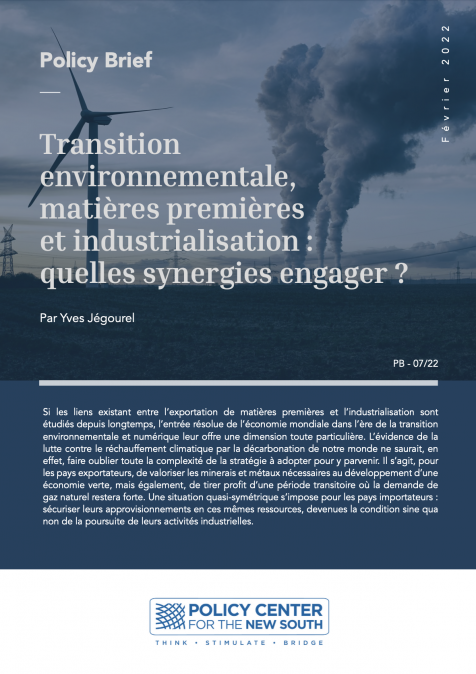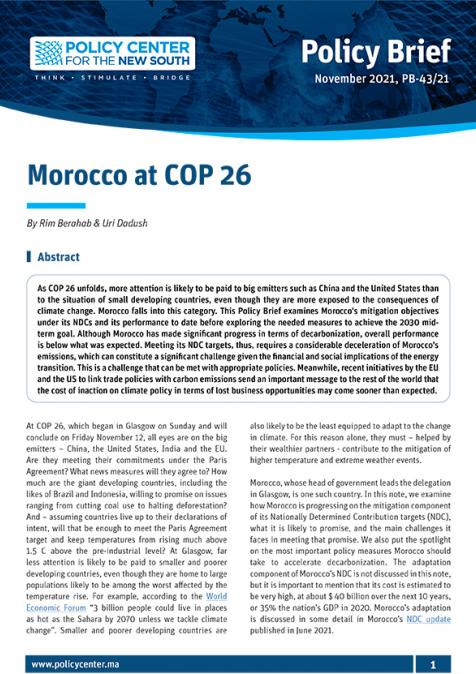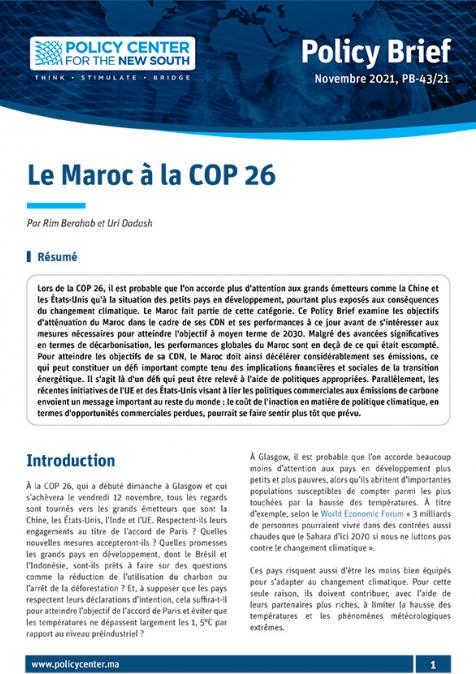Podcasts
Joe Biden à la Maison Blanche : quelles politiques énergétiques pour les Etats-Unis ?
Related topics:
La contre-révolution énergétique de Donald Trump couronnée par son plan énergétique « America First », avait remis en cause l’essentiel du plan d’action pour le climat de son prédécesseur. Pour l’administration Trump, la question énergétique s’était transformée en pur enjeu économique et géostatique dont l’objectif était créations d’emplois et indépendance énergétique. Ce dernier avait misé sur l’exploitation « maximum » des ressources, la promotion du forage pétrolier et gazier, la relance de l’industrie charbonnière, l’autorisation de financements d’infrastructures pétrolières comme le fameux pipeline Keystone XL etc. D’ailleurs, le thème du réchauffement climatique avait disparu des discours présidentiels depuis l’arrivée à la Maison Blanche de Trump. L’ancien président s’était même retiré de l’accord de Paris et inversé de nombreuses règles et réglementations environnementales de l’ère Obama. L’élection de Biden annonce-t-elle une nouvelle aube pour la politique énergétique Américaine ? Francis Perrin, Senior Fellow au Policy Center for the New South, tente de répondre à tous ces questionnements.





